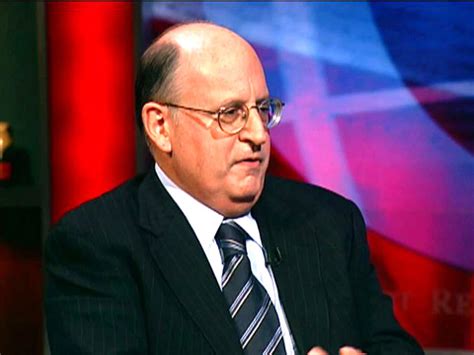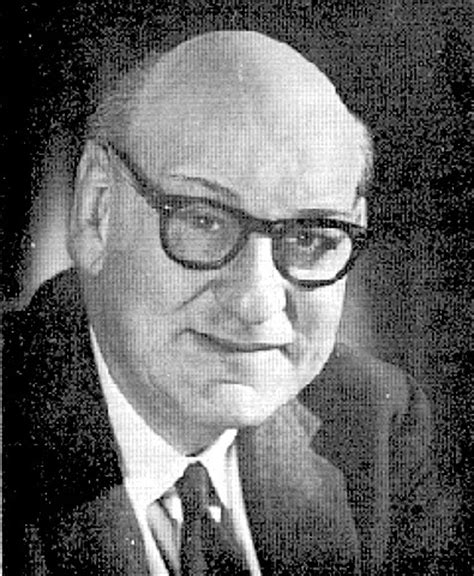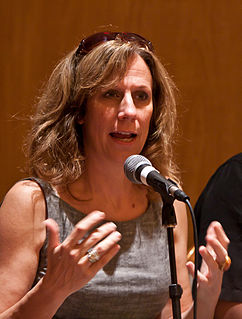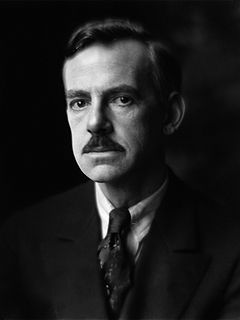A Quote by Seth
The best way to honor someone who has said something smart and useful is to say something back that is smart and useful. The other way to honor them is to go do something with what you learned.
Related Quotes
I don't go out with the plan, 'Let me find a celebrity to go date.' That's just not something you do. I'm just looking for a good person, someone who can be my friend, and someone I can have fun with. She doesn't have to be a celebrity; she can be a regular chick. She's got to be smart, though. I like smart women.
Antiphon, as another man gets pleasure from a good horse, or a dog, or a bird, I get even more pleasure from good friends. And if I have something good, I teach it to them, and I introduce them to others who will be useful to them with respect to virtue. And together with my friends I go through the treasures of wise men of old which they left behind written in books, and we peruse them. If we see something good, we pick it out and hold it to be a great profit, if we are able to prove useful to one another.
Unless you can point to something that I have done or said that has changed the course of the public opinion in a negative way, you've got to check yourself sometimes and say, "Maybe I don't like the way that this thing is said, but it's expanding tolerance." If I said something that was shutting down something that was positive, call me out, but I don't really see me doing that.
No. I can quite happily say someone is handsome, good-looking, and I can see why someone would want to f**k them, but I've never felt that way about a man myself. There is that moment in your late teens when you ask yourself the question, 'Am I?' but I wasn'tWell, this year I have a talent crush on Ryan Gosling. I think he's fantastic and(ahem) you know he'd be nice afterwards. He seems smart. If I was gay, I would go for a smart man.



































